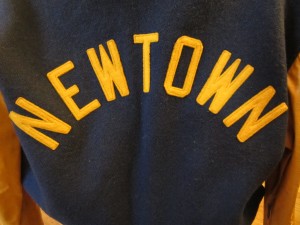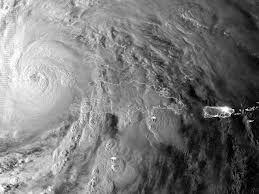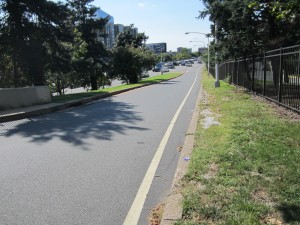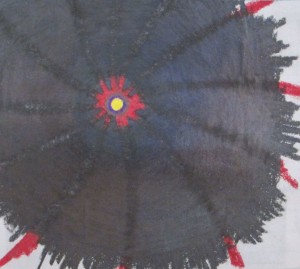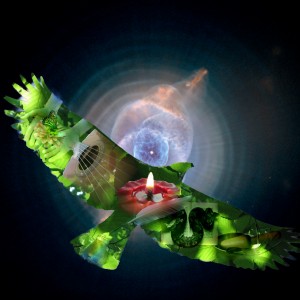
A few months ago, artist Sara Steele wrote a post for this blog, Pas de Deux, describing her experience of watching a hawk take flight from its perch on a tree branch. It spread its wings, fell onto the wind and soared away. After reading it, I had a realization that has stayed with me as an important teaching.
What I realized is that, in order for the hawk to be able to soar so effortlessly on the wind it has to spread its wings — fully. Otherwise, there is no way the wind can support it, and its flight becomes aerodynamically impossible.
It’s such an obvious point, but one I hadn’t ever thought about before.
The wind is often thought of as a metaphor for the divine Spirit, the invisible force that moves through our lives, and I happen to believe that the Spirit, the Divine, the Universe, God, whatever name you choose to give that Reality which is greater than ourselves, is a force that supports us as we seek to manifest our dreams and give expression to our soul’s purpose. It is like the wind that carries the hawk to its destination.
But in order for our dreams to be supported we have to to do our part. We have to offer the fullness of our gifts and essence, in other words, we have to spread our wings wide. If we hold back because we aren’t certain how we or our gifts will be received we are like the hawk stepping off the branch with its wings tucked in tight. Playing it safe, we jeopardize our own success.
Since having this realization, I have become more aware of the ways in which I sometimes hold myself back, and as this new year begins I am more deeply committed to spreading my wings fully.
How about you? Are there areas in your life in which you are “playing it safe” by withholding your gifts and who you truly are? If so, feel for a moment what your life would be like if you spread your wings fully and gave yourself over to the spirit realm whose nature it is to support you and enable your dreams to take flight.
